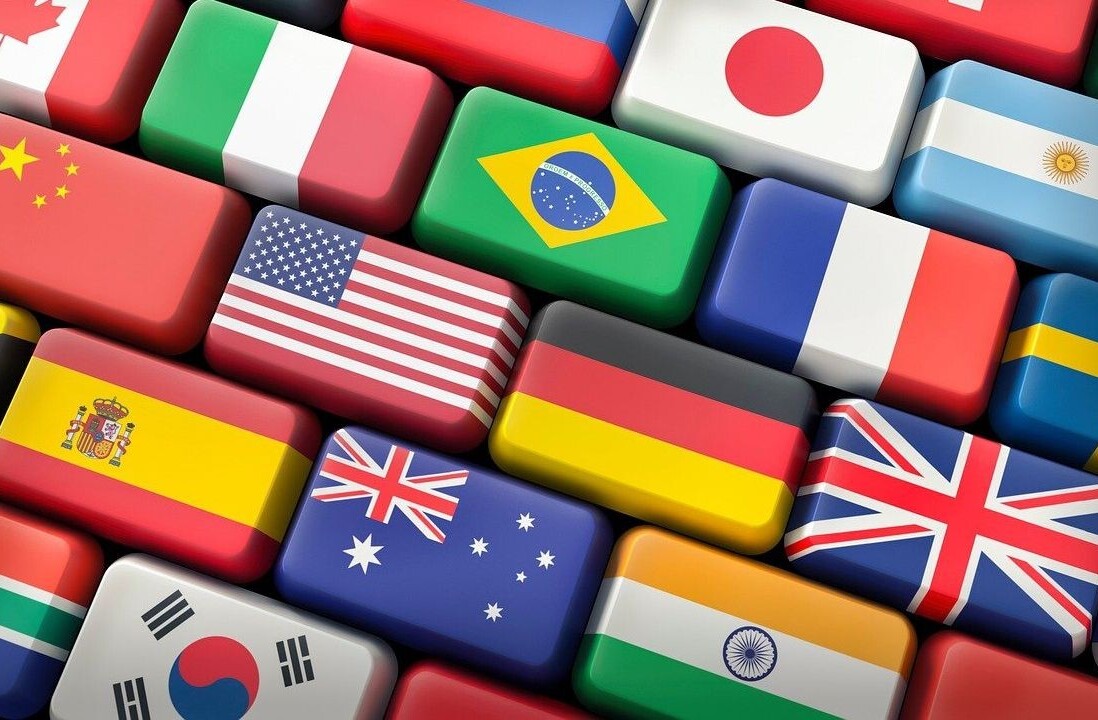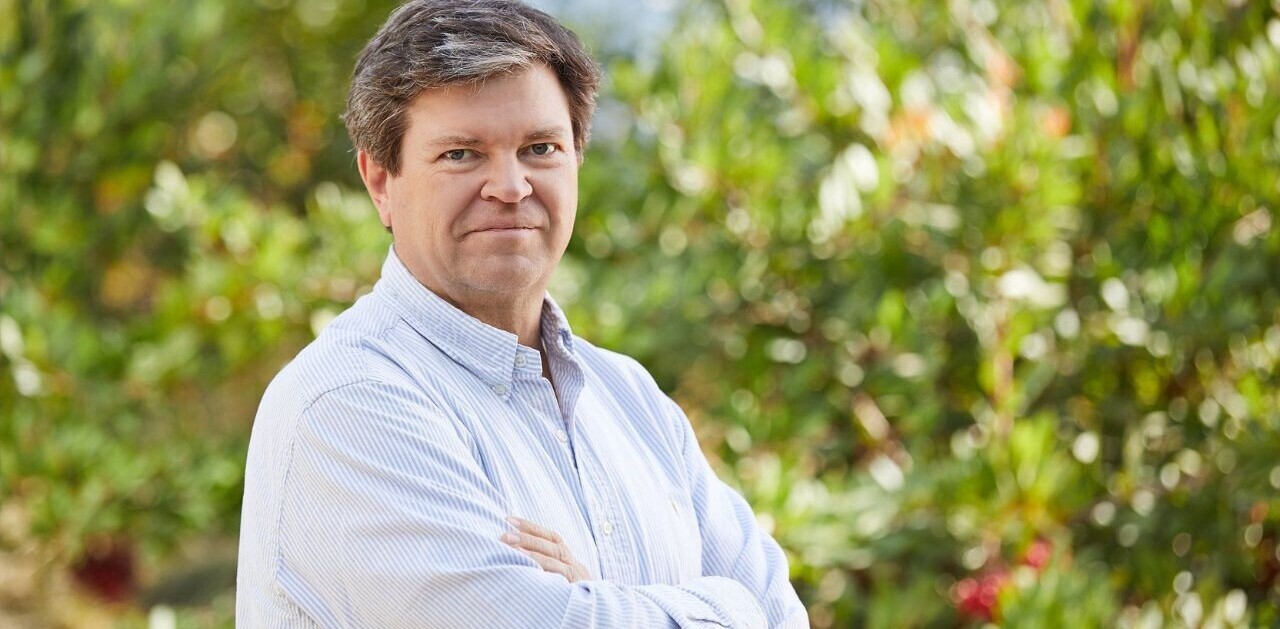
I recently met a principal at the world’s largest school. It was a chance meeting at a community event, so you can imagine my surprise when I asked this warm, humble Indian man what he did, and he proceeded to tell me he was a principal at a school founded by his father, Jagdish Gandhi, that had just completed enrollment of 45,000 students for a single year.
As a web guy, I’m used to big numbers. But in this case, we’re talking not about virtual users on a website, but thousands upon thousands of loud, excitable school kids. The City Montessori School in the town of Lucknow, India was very much a bootstrapped startup of its time. Some fifty years ago, a newly married couple set out with just 300 rupees (the equivalent of less than $10) looking to serve humanity through education.
Over in the United States, another entrepreneurial educator with roots in the sub-continent has also been on a mission to better the world through teaching. Sal Khan, prolific educator and founder of the Khan Academy, has personally produced thousands of videos teaching a huge range of subjects. His online school has served up almost 200 million lessons through video and is growing rapidly thanks to an active community and support from the likes of Google and Bill Gates.
The future of education, both online and offline, will be won by those who understand that why, how and where people learn are not one-size-fits-all questions. Educators like Gandhi and Khan are using mediums that couldn’t be further apart. Yet their work is in the same day and age, and both reach many, many thousands of pupils. And both are growing. The City Montessori School has doubled enrollments in less than a decade. Khan Academy didn’t even exist a decade ago and is growing with breakneck speed.
The great power of teaching online is not that it will suddenly replace our schools, colleges and institutions. Nothing would be worse than suggesting that City Montessori School is somehow to be replaced by Khan Academy. These aren’t mutually exclusive solutions. Rather, I see the Internet as supplementing, augmenting and increasing the amplitude of more traditional education.
When I survey the online education landscape, there is a staggering variance of sites, products and services appearing. There are non-profits and for-profits. There are companies working to improve specific aspects of education, like textbooks or classroom communication, and there are organizations working to provide complete alternatives to educational institutions. There are startups targeting mass market education like K-12 and university-grade teaching, and niche verticals aimed only at teaching specific vocations such as programming or web design.
Ultimately there are certain fundamental interactions that schools and colleges facilitate that are very difficult to truly replicate online. It’s the personal nature of a teacher sitting next to you guiding you through a problem, or a lunch break with a fellow student, a class project in the library or an extra-curricular activity after school.
But on the flipside there are huge economies of scale to be gained online through the duplication of learning materials with replication costs approaching zero. Why shouldn’t you learn math from the greatest educators in the world? Why shouldn’t you hear literature taught by the most esteemed professors and critics?
If I were to bet on a single vision of the future of education, it would be this: A marriage of learning materials incorporating the many great benefits of the Internet age, with the social and personal components of physical places of learning.
When I was in school, the classroom was for listening, and homework was filled with doing. But I see a future where these roles are flipped. The classroom should be for the doing, action, collaboration and one on one learning. Homework should be for listening, reading and absorbing.
In this way, I see a future where educators like Gandhi and Khan work harmoniously together, where my one year old son will grow up better educated, more literate and numerate, and more curious and excited by the world, than my generation was.
A better tomorrow, has and ever will be the dream of teachers everywhere, and never has there been a better time for us to realize it. The Internet will not replace traditional education.
It will make it better.
Image Credit: Richard Lee
Get the TNW newsletter
Get the most important tech news in your inbox each week.




